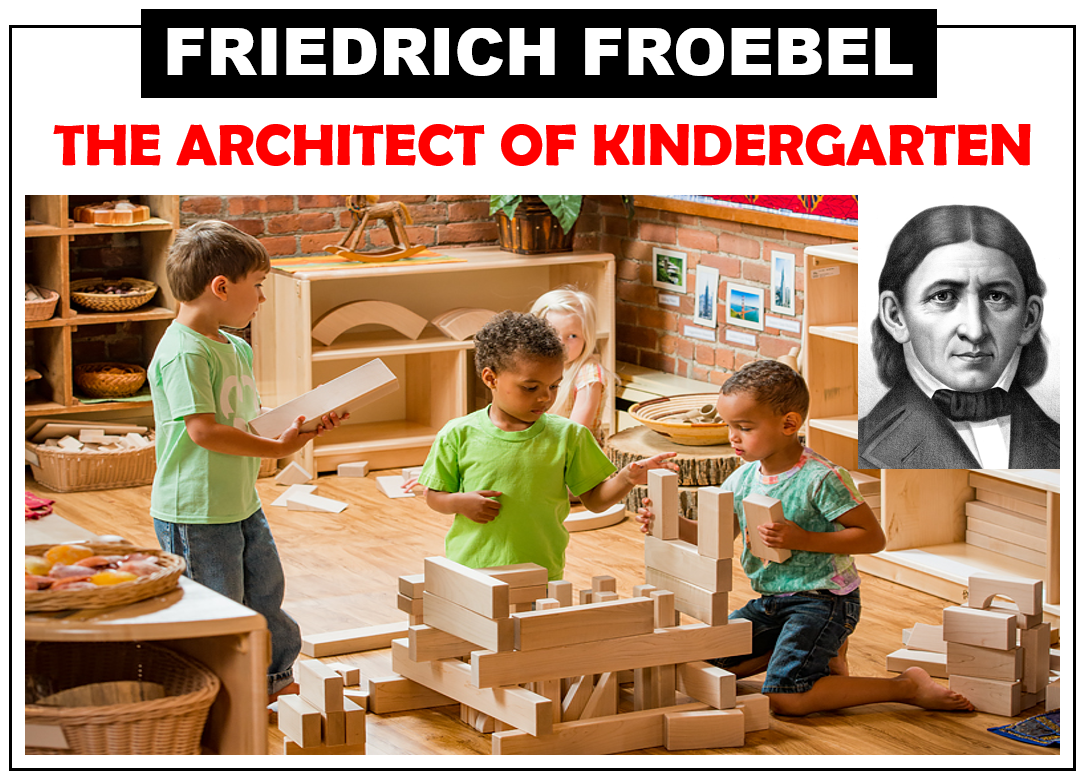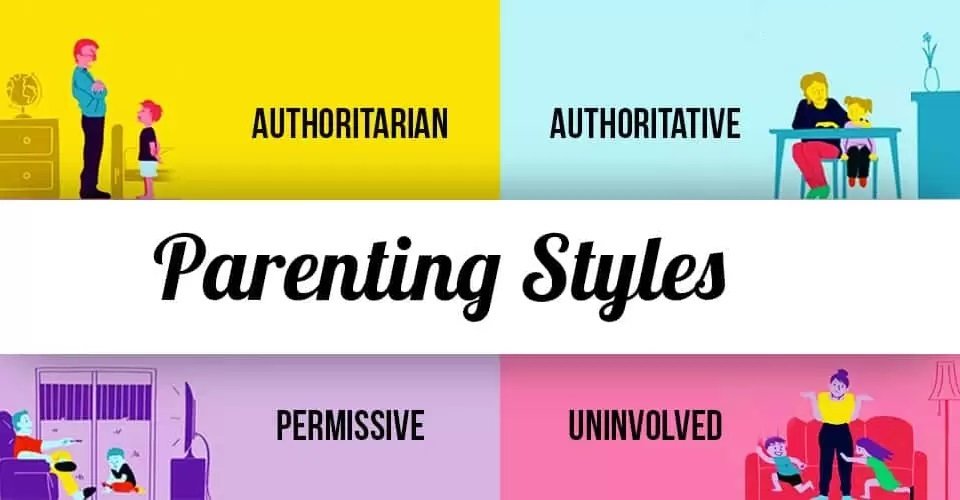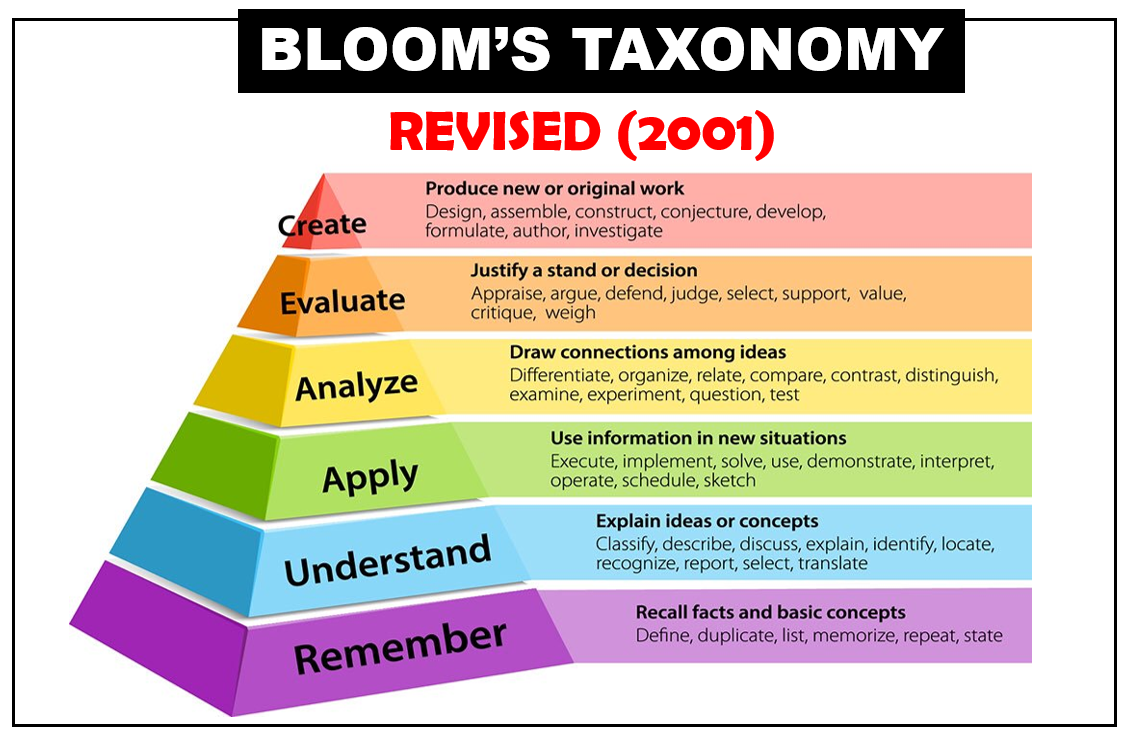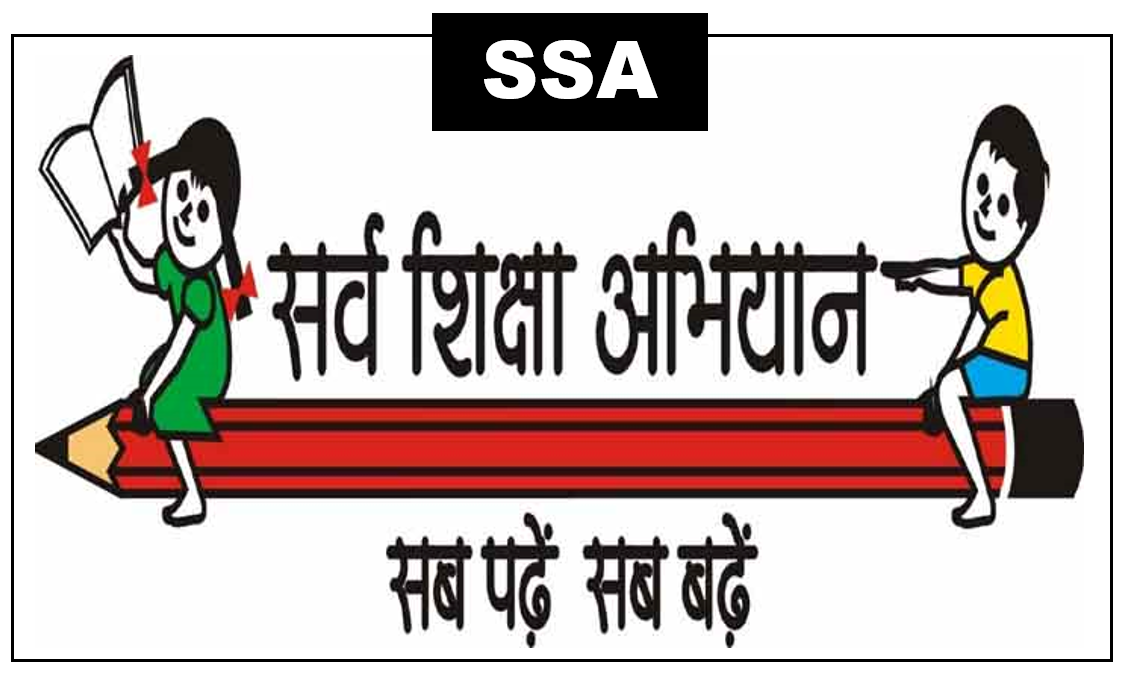
INTRODUCTION
A reflective western thinker, philosopher a prolific writer Friedrich Wilhelm August Froebel, popularly known as Froebel was a German pedagogue who actively contributed to the educational philosophy and was one of the most influential educational reformers of the 19th century. He is significant for developing an idealist philosophy of early childhood education and establishing the kindergarten, a school for four-and five-year-old children that is found worldwide. He is also remembered for yet another unique contribution- that is, for developing educational toys which came to be known as Froebel Gifts. Many modern scholars consider him as the father of sociological trend in modern education.
BRIEF LIFE SKETCH
Froebel was born on April 21, 1782 at Overveas village in Thurinnian forest, Germany. Froebel was the youngest of five sons of Johann Jacob Froebel. Frobel's father was a Lutheran pastor (padre) in the same village and mother was a housewife. He had a difficult childhood as his father was not very affectionate to him and his mother died when he was nine months old. When Friedrich was four years old, his father remarried. His father was indifferent towards him and his step mother`s treatment was very unfair. Thus, he was deprived of parental affection, love and care. Feeling neglected by his stepmother and father, Froebel experienced a profoundly unhappy childhood. However, the environment at home was religious, so he had a strong foundation of religious attributes. From early childhood he developed a love for nature and a strong Christian faith, which later became central to many of his educational principles.
At the age of eleven he was adopted by his maternal uncle, Herr Hoffman who was associated with a Church near his village. At the age of 14 he was apprenticed for two years to a forester and surveyor in Neuhaus. It was here that his love for nature grew. At the age of 18 he gave up apprenticeship and joined the University of Jena where he was profoundly influenced by the idealistic philosophy of Fitche and Schelling. On account of financial difficulty, he discontinued his studies.
In 1805 Froebel briefly studied architecture in Frankfurt. His studies provided him with a sense of artistic perspective and symmetry he later transferred to his design of the kindergarten's gifts and occupations. In 1805 Anton Gruener, headmaster of the Frankfurt Model School, hired Froebel as a teacher. This school was run based on the educational principles advocated by the Swiss educator Pestalozzi. To prepare him as a teacher, Gruener arranged for Froebel, now twenty-four years old, to take a short course with Johann Henrich Pestalozzi at Yverdon. After his training with Pestalozzi, Froebel taught at Gruner's Model School until he returned to Yverdon in 1808 for two more years of study with Pestalozzi. There he got a chance to work closely with Pestalozzi. Though this period enriched his learning in many ways, he quickly discovered the weakness of the educational ideas proposed by Pestalozzi. These disagreements with Pestalozzi made him feel that he is unfit for school teaching, and he resigned his job.
BEGINNINGS OF KINDERGARTEN EDUCATION SYSTEM
In 1816 Froebel opened a school at Griesheim under the name German General Education Institute, which was later shifted to Keilhau. He moved the institute to Keilhau in 1817 where it functioned until 1829. Froebel put into practice his educational theories in this school and he developed his own methods of instruction. During this time Froebel wrote numerous articles and in 1826 published his most important work titled The Education of Man. In this work he presented his philosophical principles and ideas on education in great detail. This school was not successful. So he left this school to his assistants and in 1831 went to Switzerland accepting Swiss government’s invitation to train elementary school teachers. There he founded an educational institution, worked as the head of an orphanage, and published the magazine titled Features of Human Education. During the training sessions he conducted for teachers, Froebel noticed that there is no systematic education system available for children who are of pre-school age.
He wanted to devote his life to the reform of pre-school training and in 1836 he returned to Germany. In 1837 he established a new type of early childhood school in the mountain village of Blankenburg, for three-and four-year-old children. This school was originally named the Child Nurture and Activity Institute. Later in 1840 he renamed it to Kindergarten, or garden of children;. Using play, songs, stories, and activities, the kindergarten was designed as an educational environment in which children, through their own self-activity, could develop in the right direction. The right direction meant that, in their development, children would follow the divinely established laws of human growth through their own activity. Froebel's reputation as an early childhood educator increased and kindergartens were established throughout the German states.
He dedicated his time exclusively for developing methods to educate young kids. He also started developing educational materials for preschoolers including geometric building blocksand activity blocks. These educational play materials designed by Froebel were known as Froebel Gifts. Froebel recognized that the activities carried out by children play an important role in process of learning. He proposed that game has educational worth in the early years of childhood. From this time till his death he devoted his whole time to the founding of Kindergarten, the training of teachers of Kindergarten and elaborating his methods and principles, and devising apparatuses for Kindergarten.
Frobel's experiments at the first kindergarten were extremely successful, and that concept generated widespread interest. Many other kindergartens were started across the country. Slowly it started spreading into other parts of Europe. In 1851 Karl von Raumer, the Prussian minister of education, accused Froebel of undermining traditional values by spreading atheism and socialism. Despite Froebel's denial of these accusations, von Raumer banned kindergartens in Prussia. In 1852, in the midst of the controversy, Froebel died.
His ideas about childhood development and education were propagated to other parts of Europe by one of his enthusiastic disciples Bertha Marie. She brought his ideas to the notice of educators in England, France, and the Netherlands. Other countries such as the United Sates adopted his educational methods later, and they were immensely successful. Very soon kindergartens became popular across the globe, and today it is regarded as one of the standard educational institution for children of three to six years of age. The origin of kindergarten education in Asia, especially India, was largely a missionary enterprise. Today it is a widely accepted system of early childhood education in India together with Montessori system of education.
FROEBEL’S PHILOSOPHY OF EDUCATION
Froebel was much influenced by Comenius, Rousseau and Pestalozzi and mostly by Pestalozzi's thought. He had received his training in teaching methods from Pestalozzi, and in this sense, he was the pupil of Pestalozzi. But he had not blindly followed any previous thinker. He contemplated himself, experimented himself and true conclusions, and used these conclusions in his life and published them in the form of books.
His view that education is a growth and a growth from within of the native powers of the child held a great influence on the later thought of teaching theory and practice. His doctrine that knowledge is not the end of education, but the means towards the end minimized the value of verbalism. His recognition of the educational value of play, self activity, creative work, social participation and learning by doing are psychologically, socially and practically sound. Froebel was a person who never ceased to systematize, symbolize, idealize, identities and analyzed among all facts and phenomena of the universe. He made life more simple, clear and more recognizable.
Froebel so that the whole tree is inherent in the seed, and it has the capability to grow into a complete tree, only it has to be made available the necessary soil, air, water and sunlight. He saw that the same principle applies to all beings of the world. In his view, manifestation of these innate faculties of men and their development is education. In his own words," Education is a process by which a child makes its internal external".
He considered education not as a preparation for future life, but as the preparation of the life around an individual. To him, a child learns a lot of important things in life from school, including the essentials of truth, responsibility, justice, free personality etc. These cannot be learnt by studying, but can be learnt only by living and practicing them. Thus, schools should enable children to discover their own identity and personality. Schools should also help children to develop their abilities for initiation and execution.
COMPONENTS OF FROEBEL’S PHILOSOPHY OF EDUCATION
The framework for Froebel’s philosophy of education includes three basic components. Those three components are
- Free self-activity
- Creativity and
- Social participation
(1) Free Self-Activity
Froebel was of the opinion that children shouldn’t indulge in activities suggested by their parents or teachers. They should, instead, carry out their own impulses and decisions. Education is a process involving the growth of an individual, and this growth should be directed from within the child. Froebel maintained the view that preschool education should involve the stimulation of voluntary self-activity. Self-activity can be defined as the process of developing the qualities and skills of children in such a way that they are able to take an invisible idea and make it a reality. Self-activity helps children to understand their own nature, build their own world and then combine the two in a harmonious way. Therefore it should arise out of their own interests rather than any form of external imposing. Only then it can help human mind to evolve in such a way that the purpose of education is achieved. However, he assigned an important role to teachers and parents in this process. Children should be properly directed to achieve certain ends through spontaneous activities. It is the duty of teachers and parents to guide them and to give them such stimulations and directions. If children are not guided and directed by their teachers, they won’t be able to achieve the full harmony between the inner world and the outer world. He introduced free play as a means through which children can be engaged in self-activity. Many modern educators regard this as one of the greatest contributions of Froebel to the philosophy of education.
(2) Creativity
Another principle of Froebel, which is related to self-activity, is his principle of creativity or creativeness. Stimulating activities should be given to children in order to enhance their creative powers and abilities. That will help them move from one level of education to another. In order to aid this process he developed a set of instructional materials known as Gifts and occupations. These materials were meant to help children in creative exploration activities.
(3) Social Participation
The third basic component in Froebel’s educational philosophy was social participation. By this, he meant the important role families, parents and teachers play in a child’s education. According to him, education happens successfully only by working closely with the family unit. He maintained the view that parents are first and the most consistent educational influence in the lives of children. The first educational experience of children happens within the family unit. They become familiar with the environment of family and the occupations that happen within that setting. As a result, they will try to imitate the things they learn through observations of daily family life using their creative self-activity. Froebel argued in favor of providing a family setting within the school environment. This, according to him, will offer children, opportunities for interacting socially in a non-threatening manner.
AIMS OF EDUCATION
Froebel was clear about the aim of education as he stated, 'the purpose of education is to encourage and guide man as a conscious, thinking and perceiving being in such a way that he becomes a pure and perfect representation of that divine inner law through his own personal choice. Froebel was a pantheist. In his view, God pervades everywhere. So the purpose, aim and ideal of man is to know the unity in diversity. Now the question arises, how this knowledge can be realized? He replies that it can be got by the abidance of moral rules. He considered truth, beauty and goodness as moral rules and laid emphasis on the development of these rules from the very childhood. He considered social life as necessary for their development, so he laid stress on making man skilled in living a social life.
He believed that humans are essentially productive and creative, and fulfillment comes developing these in harmony with God and the world. He sought to encourage the location of an educational environment that involved practical work and the direct use of materials. It was only then that Froebel felt that understanding would develop.
Froebel believed that education should aim at all round development of the child. It is in this way, the child will develop into a good citizen. Froebel aimed that education must enable every child to understand his environment. Education should lift him to knowledge of himself and of mankind, to knowledge of God and nature. To Froebel education is not a preparation for future life, but understanding the life around the individual. It will help the child to develop his individuality through social atmosphere. He considered physical and intellectual development as necessary for distinction between truth and untruth. We can express these aims in modern terminology as follows:
Ultimate Aim
- To make man understand his divine form (soul) and divine unity of the world.
Helping Aims
- To effect physical and intellectual development of the child.
- To bring about social development of the children to train them in socially useful moral behaviour.
- To incline the children towards abidance of the moral rules and to effect their character development.
- To develop divine elements in the children and to incline them towards living a pure life.
FROEBEL'S KINDERGARTEN
Froebel was the first man in the history of education to give the idea of Preschool Education in the form of Kindergarten. He established the first kindergarten in 1837. Kindergarten is a German word which means “garden of children” and was designed to be a place where children were "allowed to blossom‟. It was the name of his first school, but later the word kindergarten began to be used as a common word to denote schools that offer early childhood education. According to Froebel, children are plants and the teachers are gardeners. Just as a gardener nourishes the plants, a teacher should take care of children and help them develop their skills and abilities. He found many similarities between children and plants. Just like plants children are delicate and tender. Hence they need utmost care and protection. Also, plants grow from within the inner fertility of seeds. Likewise, the development of children happens based on their innate tendencies.
There is an atmosphere of self activity, play and joy in the school. Children are given freedom in activity while Froebel saw this as a gentle type of education, it was really quite structured. Kindergarten was devised to help children with their optimal growth and development – by providing an environment to realize their potentialities to the fullest extent. In the Kindergarten all attempts are made for unfolding the innate potentialities of children. But such unfoldment is guided, not molded and children`s development is nourished and nurtured, not imposed and forced. The motive of Kindergarten is “Come, Let us, Live for the Children”.
Froebel was convinced that the kindergarten's primary focus should be on play–the process by which he believed children expressed their innermost thoughts, needs, and desires. Froebel's emphasis on play contrasted with the traditional view prevalent during the nineteenth century that play, a form of idleness and disorder, was an unworthy element of human life. By playing, children socialize and imitate adult social and economic activities as they are gradually led into the larger world of group life. The kindergarten provided a milieu that encouraged children to interact with other children under the guidance of a loving teacher.
FEATURES OF KINDERGARTEN
Froebel envisaged kindergarten as a place where children can enjoy freedom and pursue playing and activities. The aim of this place was to inculcate a sense of self-realization and socialization in young kids. Froebel’s kindergarten didn’t have books or fixed academic tasks for children. Kindergarten had its own form. Its building, furniture, sports ground, sports goods and gifts etc. were made and selected keeping in view the interests of the children. Only women teachers were appointed in them because they can identify the needs of the children easily and can behave with them in motherly way.
The training was conducted through songs, gestures, and constructions which were identified as three connected parts of a whole process. For example, when a story is read out, it is done in the form of a song, enacted through gestures and illustrated using blocks or clay or drawing. Emphasis was also given to the use of language as it helps to enhance self-activity, creativeness, social cooperation and concrete expression. Hence, the main features of kindergarten are self-activity, creativeness, social participation, child-centered education, freedom and the role of games and plays in the process of learning.
In brief, the kindergarten system is according to the nature of the children, it is the centre of their attraction, the children go there of their own free accord, and if it is not so, then take it that you have failed to give the form of a kindergarten to your school. The time of a kindergarten school is specified. The time of school is determined according to the season and each period comprises of 20-25 minutes.
FROEBEL’S VIEW OF CURRICULUM
Pestalozzi was the first man in the educational world of Europe who based education on psychology. Froebel took forward this view of his teacher. He understood the developmental process of man and thought that this development takes place in different forms in the children of different age groups. He developed the following principles regarding the curriculum construction:
(1) The subjects and activities of the curriculum should be determined according to the physical and mental abilities of the children.
(2) All subjects and activities of the curriculum should be interrelated, they should have unity.
(3) The curriculum should be such which can be completed by activities.
(4) The curriculum should be based on the principle of human development.
All-round development being his aim of education, Froebel wanted that the curriculum at the childhood stage should consist of four main divisions;
(1) Religion
Which he says should be the basis of all education. No other knowledge is possible without it.
(2) Natural Science
Nature, he has often repeated, is the manifestation of God. Its study will mean the contemplation of outer facts, while religion requires inner contemplation. Therefore, both are necessary to have a complete man. Insight into nature reveals the laws that rule in human life. This creates a sense of the reign of law. “From every object of nature and life there is a way to God”. In this study of natural science, he also emphasizes the importance of mathematics. In his opinion, this subject is a connecting link between the mind of man and the natural world. Mind and mathematics, he says, are inseparable as the soul and religion.
(3) Languages
These help in establishing the inner living connection among the diversities of things and thus complete the work of education.
(4) Expressional Work
Froebel believed that there is a need for the Expression of the soul in outward form. This expression may take the form of singing, drawing, painting and modeling. Manual work helps in the development of skill, creative power and exercise of the muscles. He attached the spiritual importance to hard work. He recommended gardening, woodwork, leather work, clay modeling and art in the shape – of drawing, painting and singing in the education (curriculum). His curriculum for children consists of mainly those activities and subjects where the child expresses himself- freely and yet learns something such as construction, play, acting, writing, storytelling and hundreds other things.
THE KINDERGARTEN CURRICULUM
Froebel developed a series of gifts and occupations for use in kindergartens. Representing what Froebel identified as fundamental forms, the gifts had both their actual physical appearance and also a hidden symbolic meaning. They were to stimulate the child to bring the fundamental concept that they represented to mental consciousness. Froebel's gifts were the following items:
- Six soft, colored balls.
- A wooden sphere, cube, and cylinder.
- A large cube divided into eight smaller cubes.
- A large cube divided into eight oblong blocks.
- A large cube divided into twenty-one whole, six half, and twelve quarter cubes.
- A large cube divided into eighteen whole oblongs: three divided lengthwise; three divided breadthwise.
- Quadrangular and triangular tablets used for arranging figures.
- Sticks for outlining figures· Whole and half wire rings for outlining figures.
- Various materials for drawing, perforating, embroidering, paper cutting, weaving or braiding, paper folding, modeling, and interlacing.
As a series, the gifts began with the simple undifferentiated sphere or circle and moved to more complex objects. Following the idealist principle of synthesis of opposites, Froebel's cylinders represented the integration of the sphere and the cube. The various cubes and their subdivisions were building blocks that children could use to create geometrical and architectural designs. Using the sticks and rings to trace designs on paper, children exercised the hand's small muscles, coordinated hand and eye movements, and took the first steps toward drawing and later writing.
The occupations were items such as paper, pencils, wood, sand, clay, straw, and sticks for use in constructive activities. Kindergarten activities included games, songs, and stories designed to assist in sensory and physical development and socialization. Froebel published Mutter-und-Kose-lieder, (Mother's songs, games, and stories), a collection of kindergarten songs, in 1843.
TEACHING METHODS USED IN THE KINDERGARTEN
Froebel was a great advocate of spontaneous development of children by means of self-expression. His kindergarten was a place where kids could move around freely and joyfully. The teaching methods used in the kindergarten included:
(1) Teaching through songs
(2) Teaching through Froebel gifts
(3) Teaching through occupations
(4) Teaching through play
(1) Songs
Songs were one of the important tools Froebel used in his Kindergarten to impart education. These songs were meant to satisfy the social, moral and mental needs of children. They were also meant to enhance the physical development of children through facilitating physical movements of muscles, limbs, and other senses. The songs were organized based on the development of children.
(2) Froebel Gifts
Froebel gifs is the name given to a set of educational materials developed by Froebel. These gifts are designed to provide materials for the self-directed activity of children. They contain a series of activity-based playthings such as simple sphere-shaped objects, geometric wooden blocks, wooden balls, cylinders of different types and shapes, triangles, tables, sticks and rings.
(3) Occupations
Occupations are activities connected with the gifts. They include activities such as construction with clay, paper, wood and other materials, mat making, basket making, embroidery, clay moulding, wood carving, sewing, painting, cardboard works etc. These gifts and occupations were designed with the purpose of enabling children to use their senses, sight and touch. They also give kids an idea of shapes, size and other spatial relationships.
(4) Play-way Method
As we have already seen, Froebel stressed the significance of play in the process of education. So he introduced play-way method in his kindergarten as a gateway to knowledge to help the development of children. Learning through play was introduced as a means to develop the children’s senses, habits of action and thinking.
ROLE OF THE TEACHER
Child is the focal point of education in Froebel's teaching system but Froebel did not ignore the status and role of teacher in educational process. He believed that teacher as moralist substitutes for parents. For the child, the teacher is like a pastor, prophet and priest. He is at once guide, teacher, and administrator of a sacred ritual. According to Froebel, in a school like garden, the teacher like gardener is responsible for the proper development of students like plants. He should give suitable environment to the children for their natural development and should be helpful in this process.
Froebel believed that person who enters into the profession of teaching has to play different roles in the welfare of the students and society. The teacher should be sympathetic and show kindness with his pupils. Froebel believed that teacher's aim must be to make of his pupils and students capable, as independent thinkers. Teachers are expected to promote cultural tolerance and teach students the social skills they need to get along with one another. Overall, the teacher should undertake his responsibility in accordance with some basic principles, that a teacher is a father figure for pupils. Briefly speaking, Froebel advocated that teacher has to perform the different roles – instructor, designer, manager, master of content, role model etc. for the welfare of pupils.
DISCIPLINE
Froebel was aware of the divine form of the children, he respected the children and therefore, attached significance to internal discipline in place of repressive discipline. Froebel was against the represessionistic discipline, he said that good education is possible only when the children have complete freedom of self-activity. Froebel regarded self-activity as a process of creative development. For this purpose, he laid stress on atmosphere of freedom. He clarified that if the child develops the feeling of self-discipline, he would behave in the society in a disciplined way. In this view, wisdom is necessary for self-discipline.
Children love to work, play, sing or dance freely. There should be no-interference in their activities. No-activity should be thrust upon them. They are free to spend their time in a way they like. But at the same time, they must remain conscious about their obligations. There should be self-control of freedom, keeping those freedoms of others in view. Froebel mentioned that imprudent activities take the form of purposeless games. So the child should be given limited freedom according to rules. But it does not imply that the child should not be given any freedom; he should be given freedom but it should be self controlled. Hence, Froebel's entire theory of discipline rests upon the notion of full freedom, free choices and self discipline.
MERITS & DEMERITS OF FROEBEL’S KINDERGARTEN SYSTEM
MERITS
- It gave importance to the education of children between the age of 3 to 6.
- Play and games were given prominence in the early childhood education.
- Froebel expanded the concept and scope of school as a social institution which enables children learn many values including empathy, cooperation and responsibility.
- The Gifts and occupations designed by Froebel introduced an altogether novel approach to early childhood education.
- It have importance to the creativity of young kids and provided children ample opportunities for activities.
- It gave importance to the role of natural impulses and instincts rather than relying completely on textbooks or fixed curriculum.
- Sense training was given importance in this system of education.
- It is a child-centered education.
- It is argued that, in kindergarten system, children are able to sustain their interests in learning till the end.
- It offered children a healthy atmosphere of freedom, joy, love, peace and contentment.
- It was designed to cater to the mental, physical, social, cultural and spiritual development of children.
DEMERITS
- It has been pointed out by critics that Froebel gave too much importance to the inner development of children. He didn’t pay attention to the environment in which children grow up, and the adaptations they have to make within that environment.
- The songs developed by Froebel were outdated and can’t be used uniformly by all schools. The songs need to be revised based on the changing needs of kids.
- Critics maintain the view that Froebel neglected individual attention while he gave too much importance on socialization.
- Teachers who are part of the kindergarten system require proper training, without which they can’t create new songs or come up with new techniques.
- The use of gifts and occupation within the system consumes both time and energy.
- Too much stress is given to play and games that it might distract children from serious learning.
- It is also pointed out many educators that the subjects are not taught in a correlated way within the kindergarten system.
CONCLUSION
Frobel established a new era in the field of early childhood education which continue to influence even in the modern times. Kindergarten system is the greatest contribution of Froebel. His ideas on educational theory and practice provided the world new insights into the development of younger children. The nature and structure of preschool education was radically transformed with the advent of kindergarten system. He gave emphasis on nursery education that made modern educators recognize the importance of education in the early years of children. The presence of kindergarten system in all countries of the world is the evidence of Froebel's greatness. The world will owe to this child specialist who recognised the divine power in the infants and invented Play-Way method.




